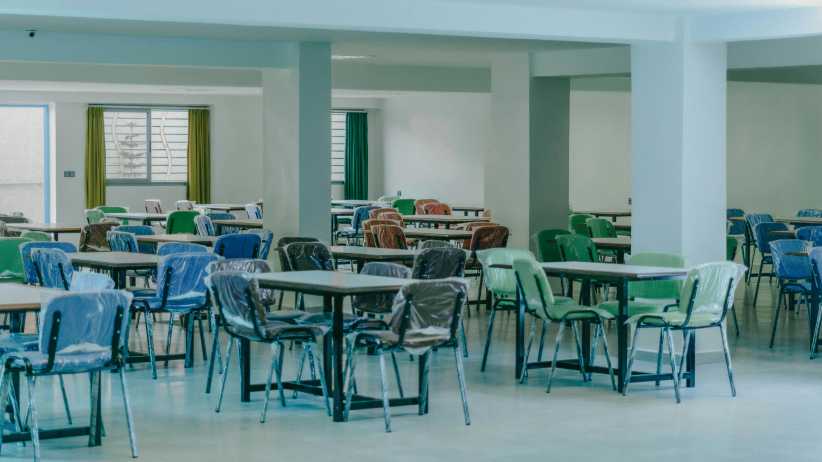Good parent-teacher communication is crucial for any successful school year, but being on the same page becomes even more important when your child has a learning disability. There are a few steps–from understanding your rights to communicating on a regular basis with your child’s teacher–that can help ensure your child has the best year possible, arming you and your child with the knowledge to succeed in and out of the classroom.
Know your rights and speak up. Parents are entitled to receive information about special education from their schools and teachers—reading up and staying informed is the best way to advocate for your kid. When attending Committee for Special Education meetings, annual review meetings, or parent-teacher conferences, if you don’t understand something, ask questions.
Communicate with teachers frequently. Kathy Devine and Emily Cole co-teach at Waverly Avenue Elementary School in Holtsville. They say parents of students with special needs must be extra communicative with teachers. “We would like to know sooner when things might be happening at home, whether it’s medication changes or maybe something in the home life has changed,” Cole says. When it comes to homework, “reach out to us as soon as possible so that we’re not waiting until the end of a trimester to know [kids are] struggling,” Devine says. Another tip? Write a letter describing your child and his needs at the beginning of the year.
Understand Individualized Education Plan goals. Equally important is understanding your child’s IEP goals—which can differ from her classroom goals. This difference often confuses parents who see their student accomplishing goals on one end of the spectrum and not the other.
Involve your child. Cassie Reilly, the current Transition Coordinator at Northport High School, suggests involving your kid in IEP and parent-teacher conferences. Being open with kids from the time of diagnosis helps them stand up for themselves and understand their learning disability does not make them inferior to others.
Be sensitive to difference. Parents should understand their kids might be different at home than at school, Reilly adds. And, even more importantly, their kids might have an atypical path toward success. Communicating with teachers is key to understanding how your kid can progress in the best way.
RELATED: Keep up with special education news in your neighborhood!























